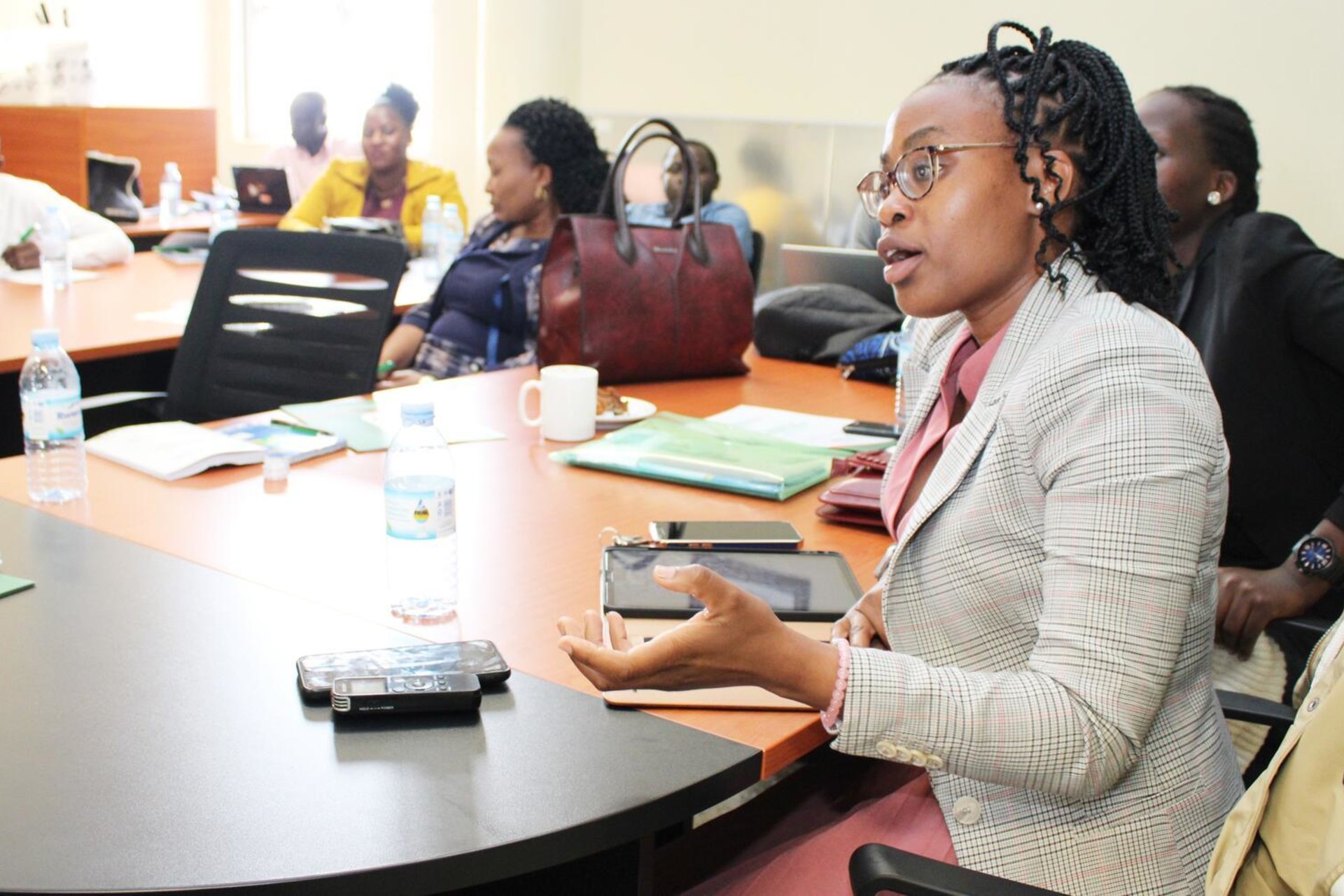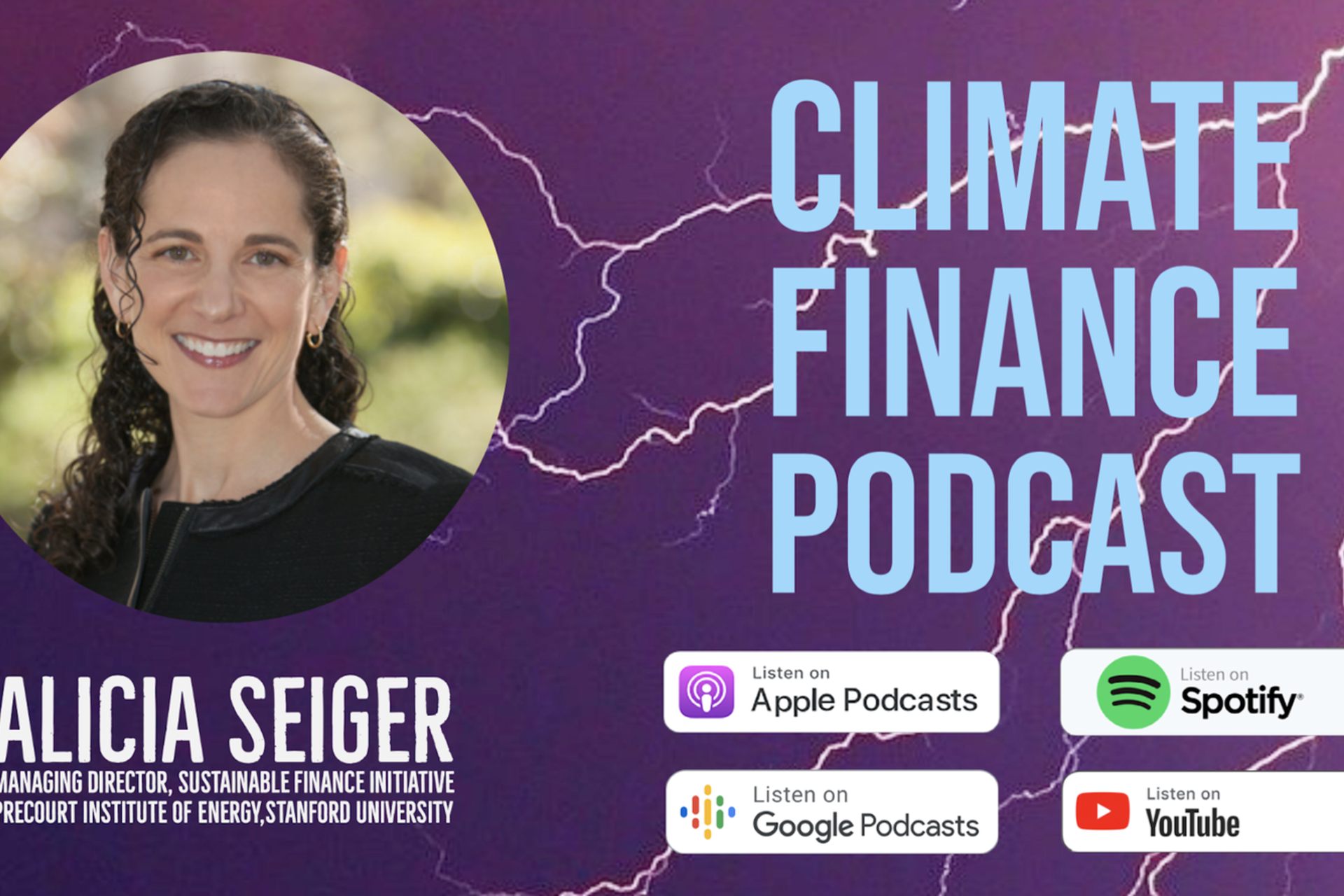Phuthi Tsatsi, MBA / EE MSc
Graduate Fellow,
PowerGen Renewable Energy

Over the summer I had the opportunity to work with PowerGen Renewable Energy – a microgrid developer operating in Western and Eastern Africa. I worked with a team focused on supporting productive use activities for rural microgrids in Nigeria. Similar to most grid networks in their nascent stages, 70% of the power is consumed by the top 25% of the customers within these microgrids who are also often driving commercial activity. My role focused on supporting and driving more commercial activities in microgrids to grow electricity consumption and improve the financial sustainability of the microgrids. As part of this, I supported 5 different projects which focused on different angles of improving financial sustainability, from installing loads to use otherwise curtailed / wasted solar energy, to financing appliances that support local businesses and households.
My initial perspective, was that there is a dichotomy between microgrids and solar home systems given that they both seem to address the same challenge of electrification. But through this internship, I’ve come to realise that this is actually false. While both methods bring electricity to communities, their use cases are different. Microgrids enable a scale of electricity production needed to support growing commercial activity - with the caveat that large amounts of electricity consumption are needed to justify the costs of the system. Solar home systems on the other hand require less scale to justify their costs, but at the expense of limited scale. Put simply: Solar home systems excel in bring lights to residential homes; but when it comes to enabling and scaling commercial activity in communities - microgrids excel.
While the insight seems simple on the surface, I’ve found its implications more complex. Given the use case, microgrids need to be effectively viewed as a community investment. This means that microgrid developers need to take on the complex task of building and understanding the role of electricity towards community development, and building deeper partnership networks that can bring all parts of the community development equation together to scale commercial activity in communities effectively, which in turn, enables increased financial sustainability for microgrids.
For me personally, this insight has also made me realise that while my initial focus at Stanford has been on ways to optimize renewable energy integration technologies and techniques for the African context; I also need to more on explore systems thinking and developing frameworks to effectively contextualize what types of electrification technologies should be deployed to communities, and how their integration will develop communities and ultimately improve the returns on the system.



